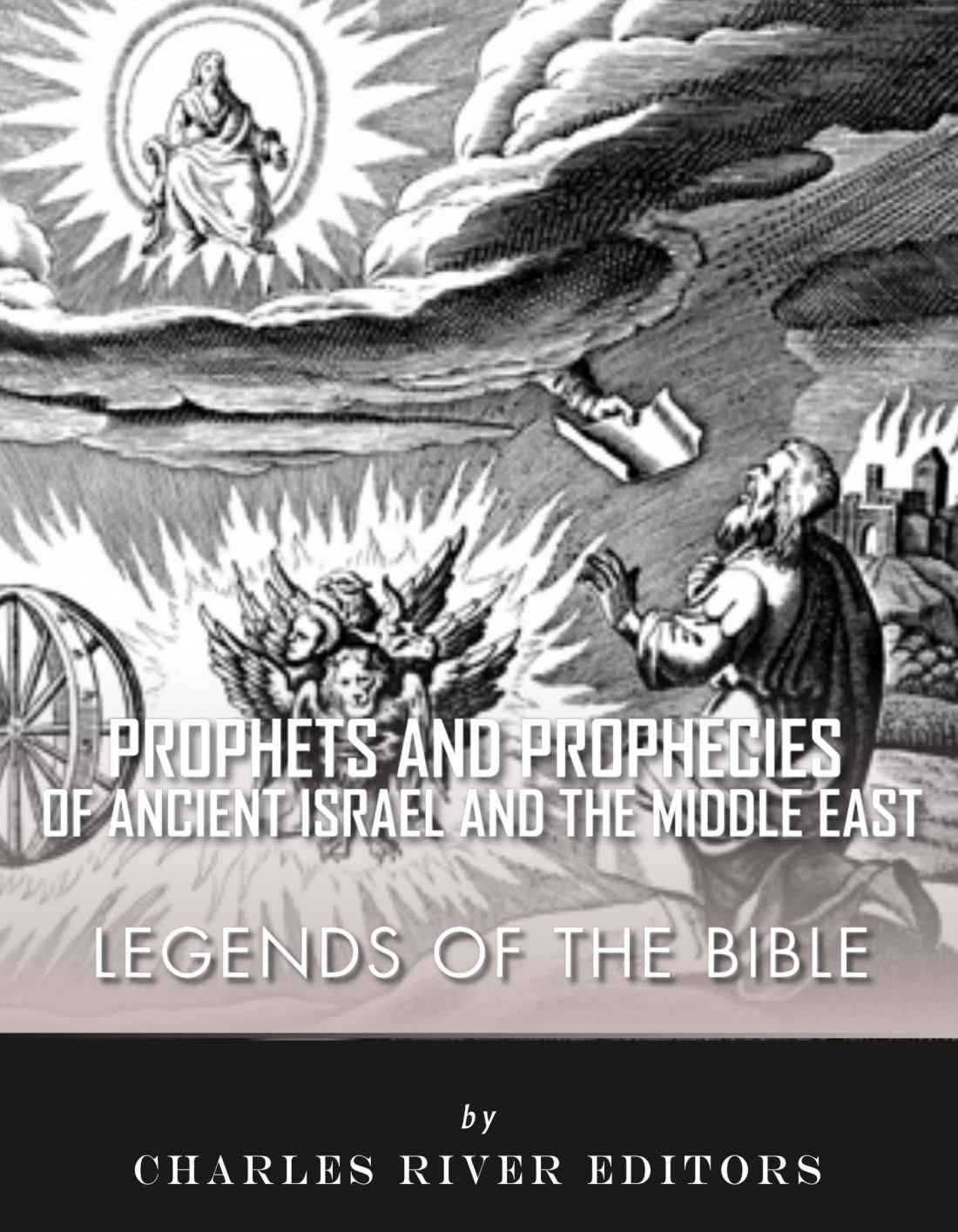

Most ebook files are in PDF format, so you can easily read them using various software such as Foxit Reader or directly on the Google Chrome browser.
Some ebook files are released by publishers in other formats such as .awz, .mobi, .epub, .fb2, etc. You may need to install specific software to read these formats on mobile/PC, such as Calibre.
Please read the tutorial at this link: https://ebookbell.com/faq
We offer FREE conversion to the popular formats you request; however, this may take some time. Therefore, right after payment, please email us, and we will try to provide the service as quickly as possible.
For some exceptional file formats or broken links (if any), please refrain from opening any disputes. Instead, email us first, and we will try to assist within a maximum of 6 hours.
EbookBell Team

4.4
72 reviews*Explains the Jewish and Christian traditions of prophets and prophecy.
*Includes a Bibliography for further reading.
*Includes a Table of Contents.
“and I will put My words in his mouth, and he shall speak unto them all that I shall command him." – Deuteronomy 18:18
A lot of ink has been spilled covering the lives of history’s most influential figures, but how much of the forest is lost for the trees? In Charles River Editors” Legends of the Bible series, readers can get caught up to speed on the lives of the Bible’s most important men and women in the time it takes to finish a commute, while learning interesting facts long forgotten or never known.
The belief in prophets is as old as religion itself. Throughout several millennia, cultures across the world have attributed special significance (and sometimes great power) to those who they believed spoke to their gods, from the Ancient Greeks to followers of Zoroastrianism. The tradition of prophets is especially prevalent in Judaism and Christianity, with prophets like Isaiah and Jeremiah being among the most famous historical figures in the Bible. The Talmud labels nearly 50 people as prophets, the New Testament offers up many more like the Virgin Mary and John the Baptist, and other ancient texts claimed there were thousands.
In addition to interpreting and sharing the word of God with the people, ancient prophets also served a variety of different roles in the Bible. God had prophets like Ezekiel and Jeremiah perform symbolic acts that foretold future events, particularly hardships that the Israelites suffered at the hands of the Babylonians and Egyptians. The abilities of the prophets to predict future events have become the primary ways in which contemporary society remembers them, which has ensured that the term prophet (which meant spokesman in Hebrew) is now part of the lexicon and means something far different than the ancient definitions.
People
…